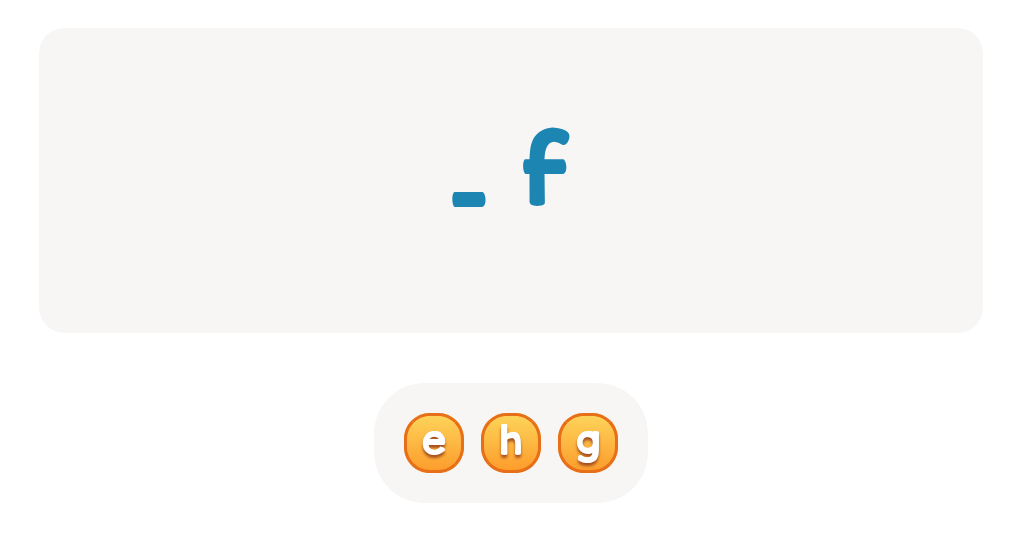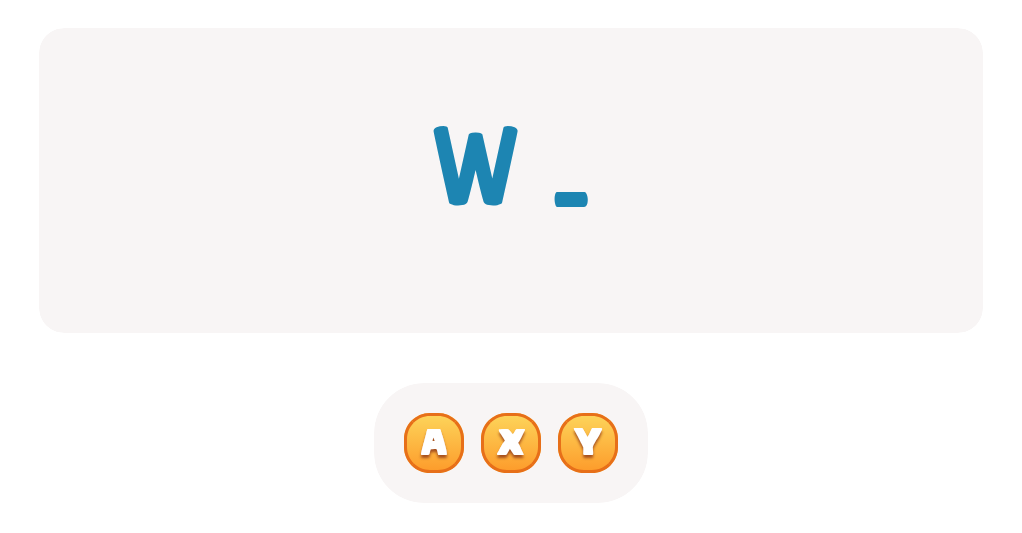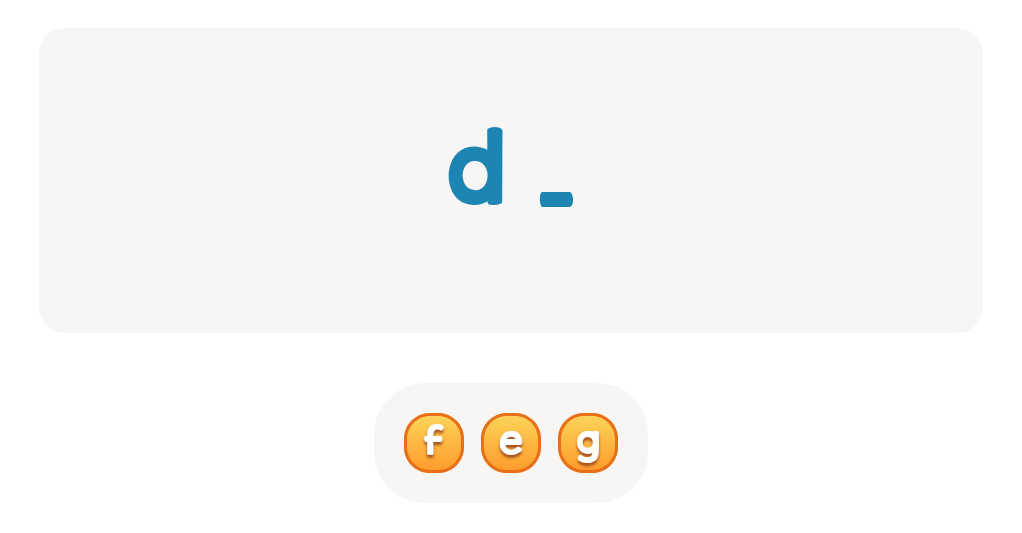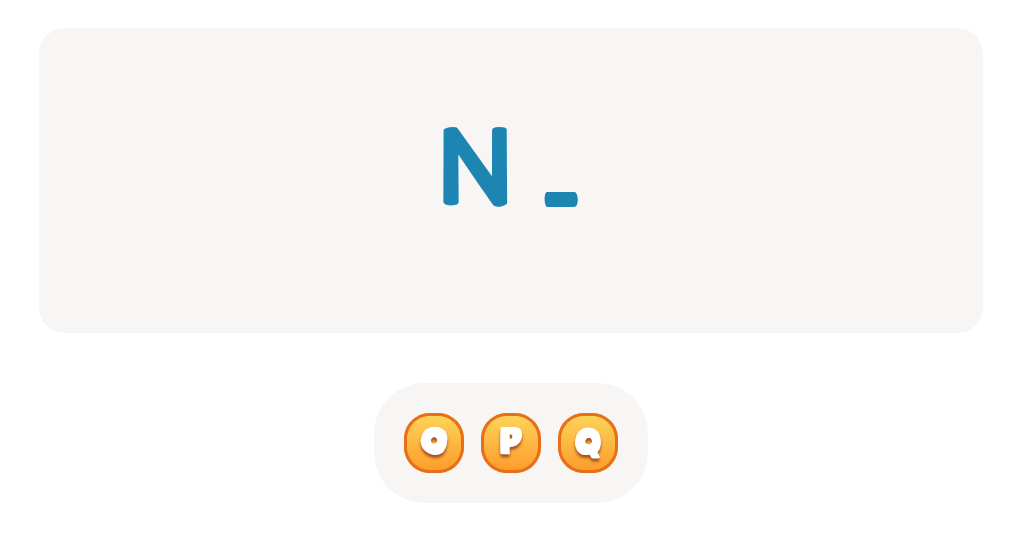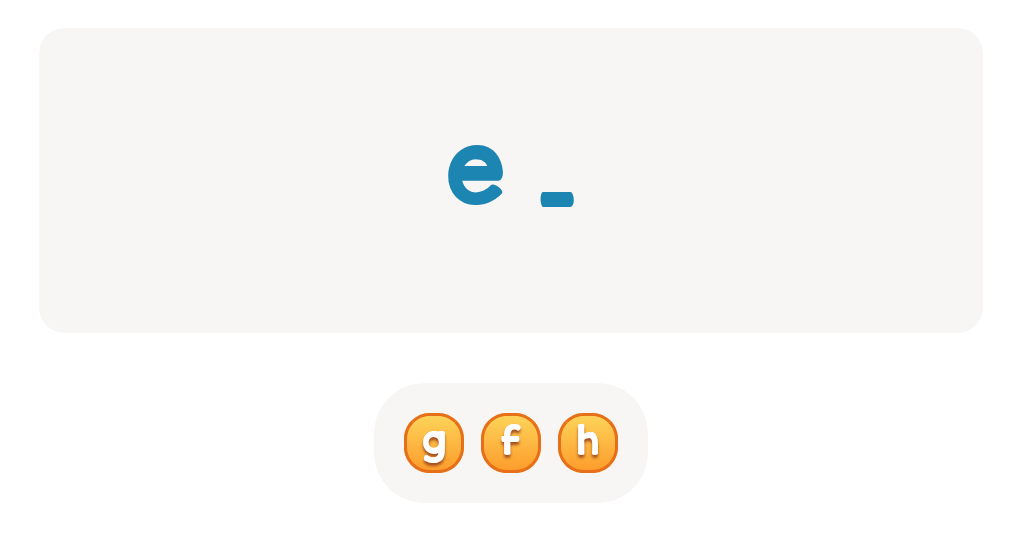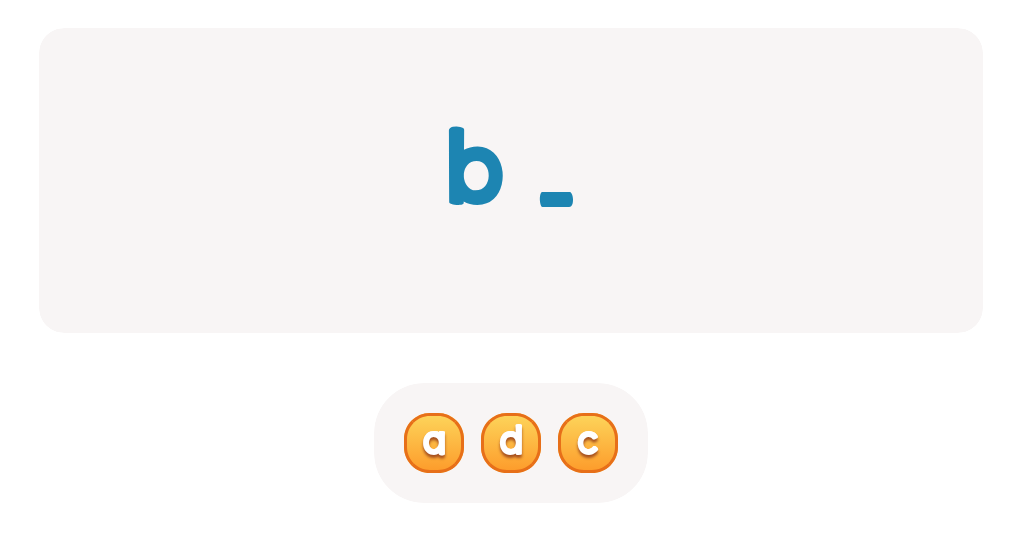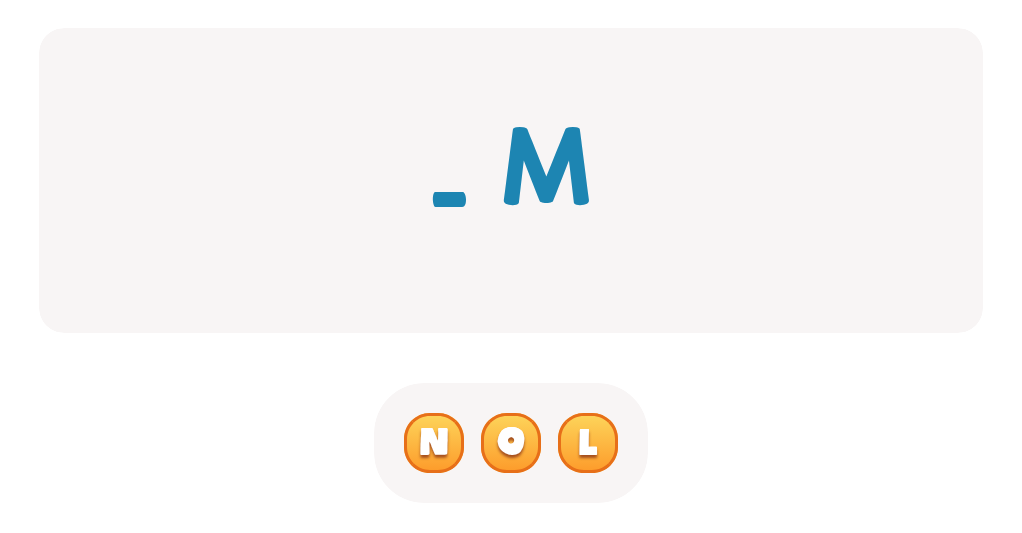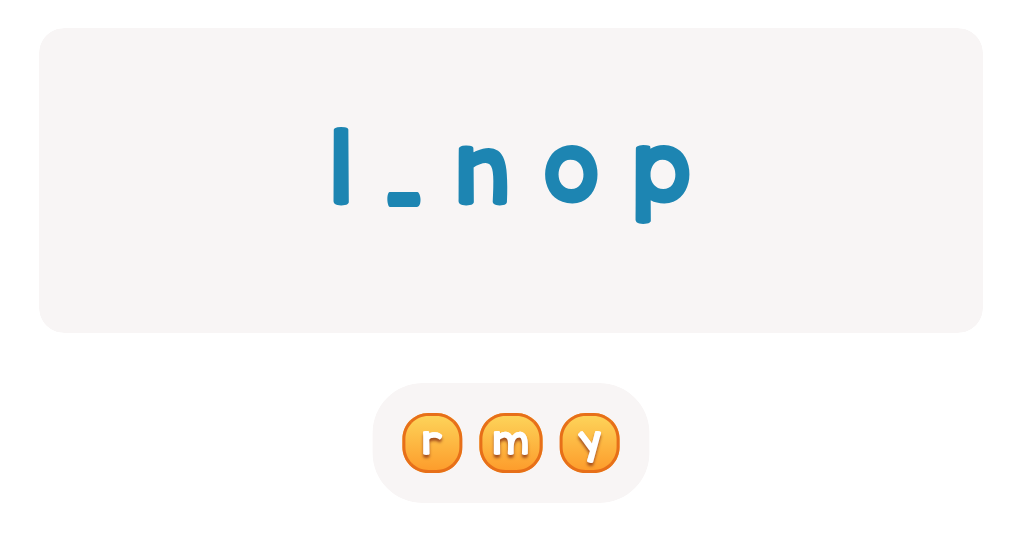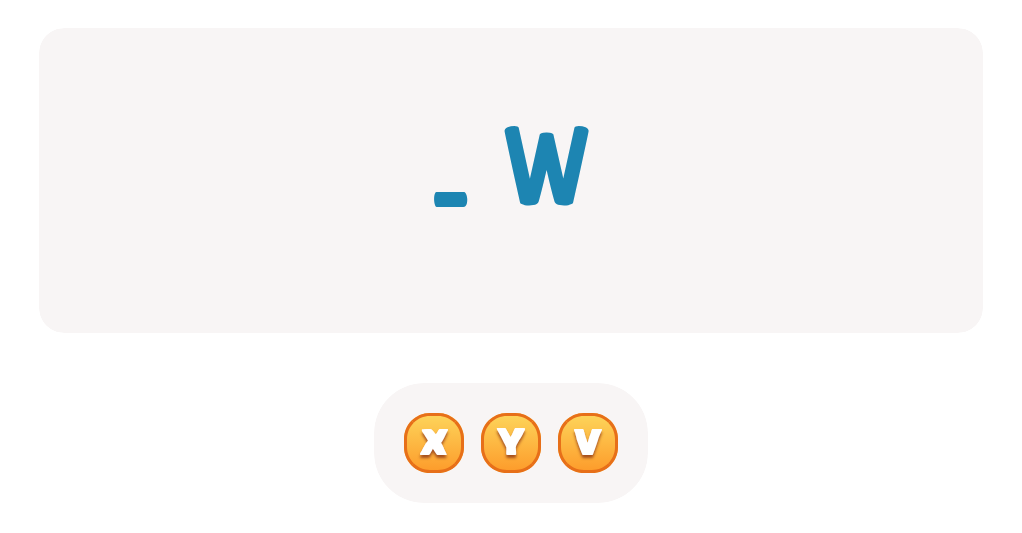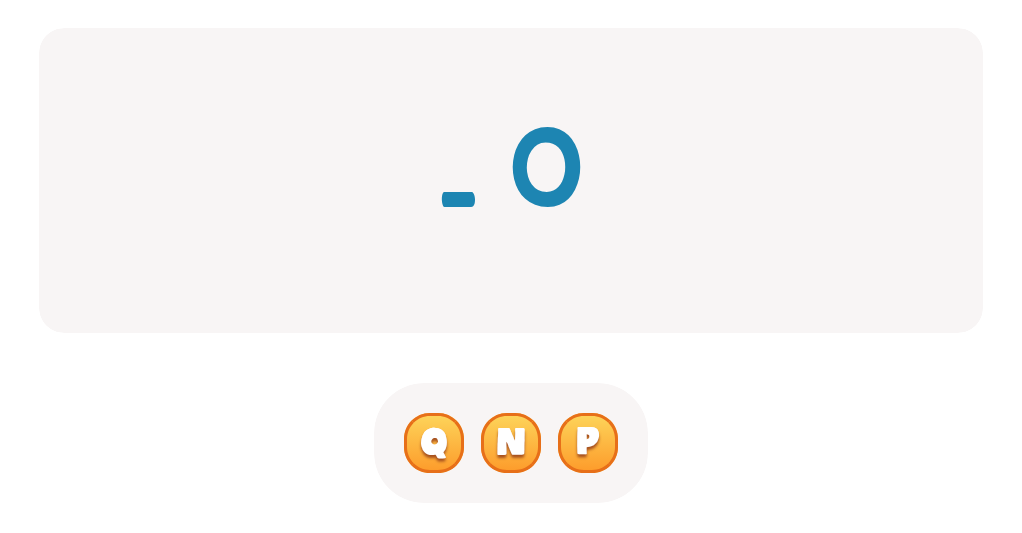Phonics practice ABC Letters Worksheets for Ages 5-6
3 filtered results
-
From - To
Enhance your child's reading skills with our engaging Phonics Practice ABC Letters Worksheets designed specifically for ages 5-6. These worksheets offer a fun and interactive approach to learning the alphabet and phonics, helping young learners recognize letter sounds and improve their literacy skills. Each sheet is thoughtfully crafted to include exercises that make phonics practice enjoyable, such as tracing, matching, and sound recognition. Perfect for both home and classroom settings, these resources support early literacy development and lay the foundation for reading success. Dive into our colorful and stimulating worksheets today and watch your child's love for reading blossom!
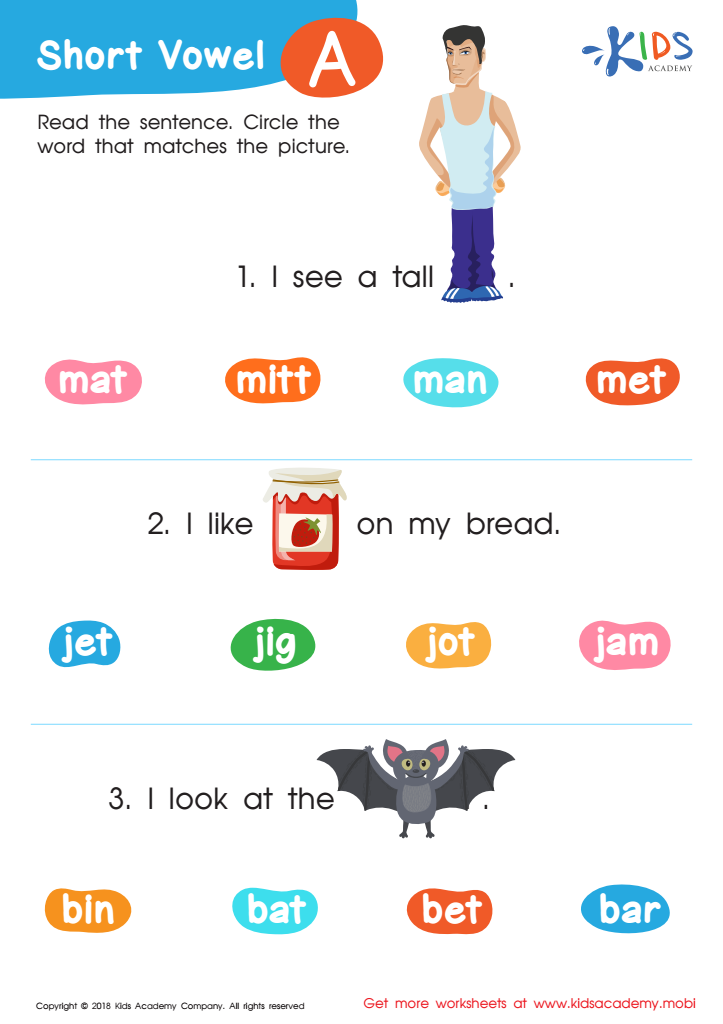

Short Vowel /a/ Worksheet


Letter A Coloring Sheet
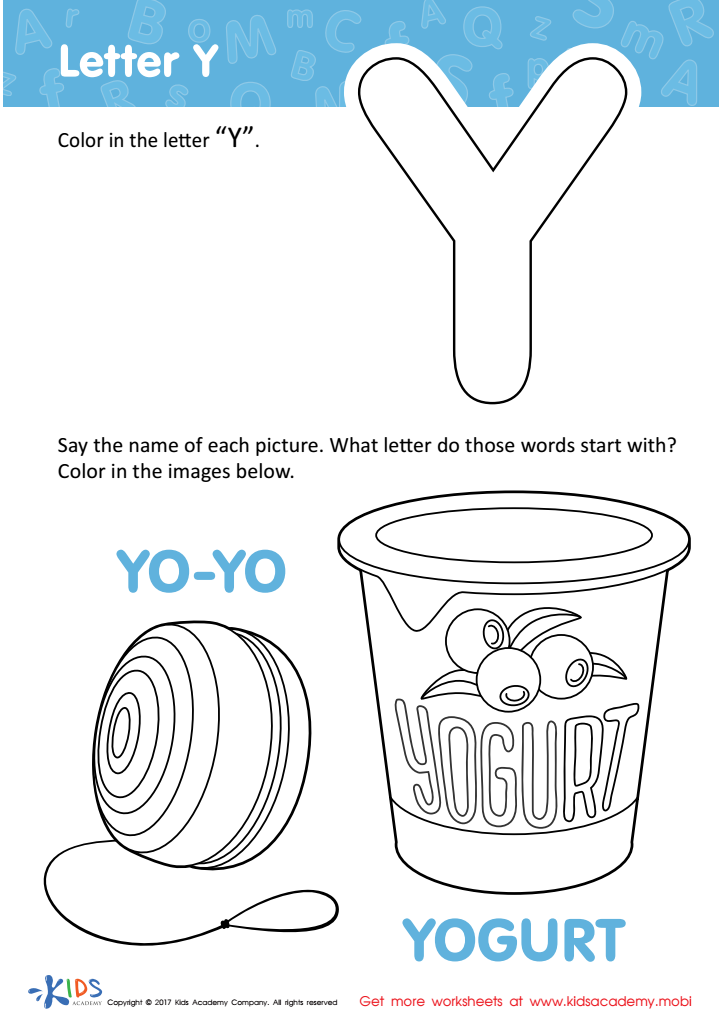

Letter Y Coloring Sheet
Phonics practice is essential for children aged 5-6 as it lays the foundation for literacy development. During these crucial early years, children are becoming more aware of the relationships between letters and sounds, which is a vital skill for reading and writing. When parents and teachers prioritise phonics practice with ABC letters, they equip children with the tools to decode words, making the reading process more accessible and enjoyable.
Understanding phonics helps children to build their vocabulary and develop confidence as they start to read independently. Mastery of letter-sound correspondences allows them to sound out unfamiliar words, reducing frustration and fostering a love for reading. Moreover, phonics practice supports the development of spelling skills, as children learn to connect sounds to corresponding letters.
Additionally, phonics interventions can provide necessary support for struggling readers, ensuring that all children have equitable access to literacy skills. This support at a young age can significantly impact their academic success and overall self-esteem. By actively engaging with phonics, parents and teachers contribute to a child's long-term educational journey, empowering them with critical communication skills that flow into their interactions and learning throughout life. Thus, a focus on phonics during these formative years is both impactful and necessary.

 Assign to My Students
Assign to My Students
